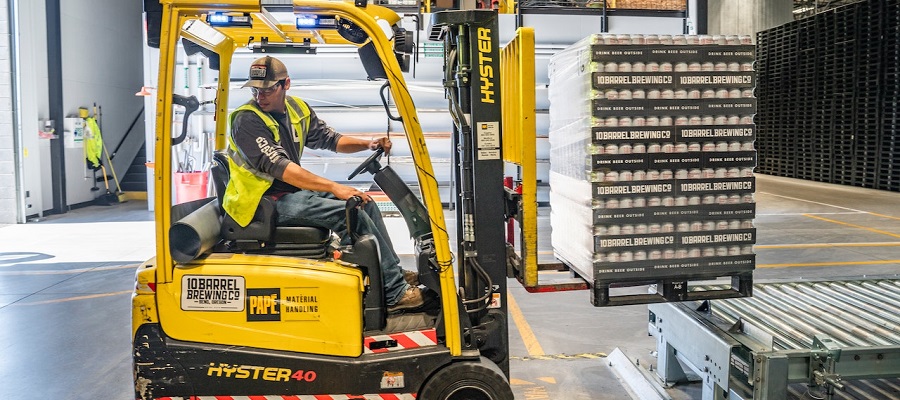The Role of Grocery Wholesalers in the Food Supply Chain
Grocery wholesalers are an important link in the food supply chain, providing retailers, restaurants, and other foodservice establishments with the products they need to meet the demand of their customers. But how do these wholesalers sell their products? Do they sell directly to retailers or through distributors? In this article, we'll explore the various ways that grocery wholesalers sell their products and the factors that influence these decisions.
Direct Sales: Grocery Wholesalers Selling Directly to Retailers
One way that grocery wholesalers may sell their products is through direct sales to retailers. In this model, the wholesale business establishes relationships with retailers, such as grocery stores, and sells their products directly to these customers. This may involve working with a sales team or sales representative to promote and sell the products, or using an e-commerce platform to facilitate online sales.
There are several advantages to this approach. By selling directly to retailers, grocery wholesalers have more control over the pricing and distribution of their products, and they can build stronger relationships with their customers. In addition, direct sales can help to reduce costs by eliminating the need for intermediaries such as distributors.
However, there are also some challenges to this approach. Grocery wholesalers may need to invest in marketing and sales efforts in order to promote their products and build relationships with retailers, and they may also need to have a larger sales team or sales infrastructure in place to support these efforts. In addition, direct sales may not be practical for grocery wholesalers that offer a wide range of products or that serve a large geographic area, as it may be difficult for them to reach and manage all of their potential customers directly.
Distributors: An Alternative Approach to Selling Products
An alternative approach to selling products is through the use of distributors. Distributors are companies that specialize in the distribution of specific types of products, such as fresh produce or meat, and may work with a range of producers to offer a diverse selection of products to their customers.
Grocery wholesalers may work with distributors for a variety of reasons. For example, they may not have the resources or expertise to directly sell their products to retailers, or they may want to access a wider range of customers without having to establish relationships with each one individually. Working with distributors can also help grocery wholesalers to access markets that they may not be able to reach directly, or to take advantage of the distributors' existing relationships and infrastructure.
However, there are also some challenges to using distributors. One challenge is that grocery wholesalers may need to give up some control over the pricing and distribution of their products, as they will be relying on the distributors to handle these aspects of the sales process. In addition, distributors may charge fees for their services, which can impact the overall profitability of the products. Finally, grocery wholesalers may need to be careful in selecting distributors.
Conclusion
Grocery wholesalers are businesses that provide retailers, restaurants, and other foodservice establishments with the products they need to meet the demand of their customers. These wholesalers may sell their products directly to retailers, or they may use distributors to reach a wider range of customers. Direct sales to retailers can give grocery wholesalers more control over the pricing and distribution of their products, and can help to build stronger relationships with customers. However, it may also require more resources and infrastructure, and may not be practical for wholesalers that offer a wide range of products or that serve a large geographic area. Using distributors can help grocery wholesalers to access markets that they may not be able to reach directly, or to take advantage of the distributors' existing relationships and infrastructure. However, it may also involve giving up some control over pricing and distribution and may involve additional fees. Ultimately, the choice of whether to sell directly to retailers or through distributors will depend on the specific needs and goals of the grocery wholesale business.


